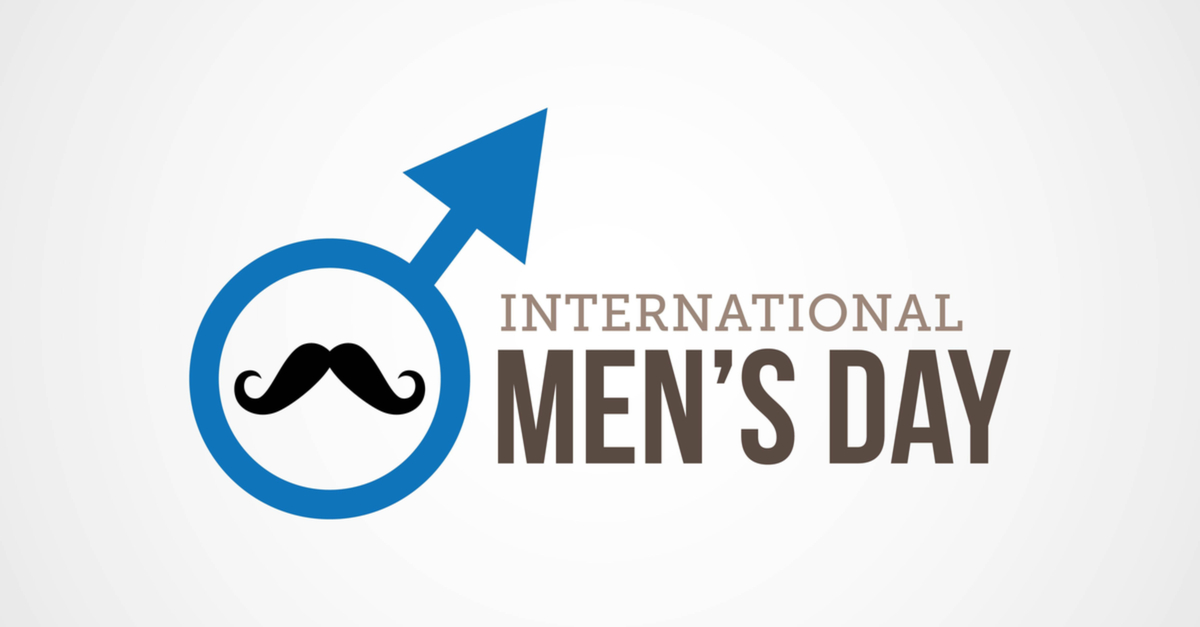Introduction:
International Men’s Day, observed on November 19th each year, provides an opportunity to celebrate the contributions and achievements of men and to raise awareness of important issues affecting men’s health, well-being, and rights. In the workplace, fostering allyship and inclusivity is essential for promoting gender equality and creating an environment where all employees feel valued and supported. As we commemorate International Men’s Day, this article explores the significance of the day and provides the top 10 tips for being an ally in the workplace, supporting male colleagues, and promoting a culture of inclusivity and respect.
Understanding International Men’s Day
International Men’s Day aims to highlight the positive aspects of masculinity and to address key issues facing men and boys, including mental health, suicide prevention, fatherhood, and gender-based violence. It provides an opportunity to challenge stereotypes and expectations around masculinity and to promote greater awareness and understanding of men’s experiences and needs.
Tip 1: Educate Yourself About Men’s Issues
Being an effective ally in the workplace starts with education. Take the time to educate yourself about key issues affecting men, including mental health challenges, workplace stress, fatherhood, and gender-based discrimination. Familiarise yourself with the unique experiences and needs of male colleagues and seek out resources and information to deepen your understanding of men’s issues.
Tip 2: Listen and Validate
One of the most important ways to be an ally to male colleagues is to listen to their experiences and validate their feelings and concerns. Create a safe and non-judgmental space for men to express themselves and be attentive and empathetic when they share their struggles or challenges. Avoid dismissing or minimising their experiences, and instead, offer your support and understanding.
Tip 3: Challenge Stereotypes and Expectations
Challenge stereotypes and expectations around masculinity in the workplace by promoting inclusivity and diversity. Encourage colleagues to express themselves authentically and challenge traditional gender roles and norms. Avoid language or behaviours that reinforce harmful stereotypes about men and promote a culture of acceptance and respect for individual differences.
Tip 4: Support Mental Health and Well-Being
Supporting men’s mental health and well-being is essential for promoting allyship in the workplace. Encourage male colleagues to prioritise self-care and seek support when needed. Promote mental health resources and initiatives in the workplace, such as employee assistance programmes, mental health workshops, and peer support groups. Be proactive in checking in with male colleagues and offering your support and encouragement.
Tip 5: Advocate for Work-Life Balance
Advocate for work-life balance policies and practices that support the well-being of all employees, including men. Recognise the importance of family and caregiving responsibilities for men, and advocate for policies such as flexible working hours, parental leave, and caregiving support. Encourage male colleagues to prioritise their personal and family commitments and support them in achieving a healthy work-life balance.
Tip 6: Address Workplace Stressors
Identify and address workplace stressors that may disproportionately affect men, such as long hours, high job demands, and lack of social support. Work with colleagues and leadership to create a supportive work environment that promotes work-life balance, job satisfaction, and employee well-being. Advocate for policies and practices that address the root causes of workplace stress and support the mental health of all employees.
Tip 7: Promote Diversity and Inclusion
Promote diversity and inclusion in the workplace by actively advocating for the representation and advancement of men from diverse backgrounds and experiences. Encourage leadership to prioritise diversity and inclusion initiatives and to create opportunities for men of all backgrounds to succeed and thrive. Challenge biases and barriers to inclusion, and support efforts to create a workplace culture that values and respects diversity.
Tip 8: Be an Active Bystander
Be an active bystander in the workplace by speaking out against discrimination, harassment, and unfair treatment whenever you witness it. Stand up for male colleagues who may be experiencing discrimination or marginalisation and offer your support and solidarity. Advocate for policies and practices that promote equality and fairness for all employees, regardless of gender.
Tip 9: Lead by Example
Lead by example in promoting allyship and inclusivity in the workplace by demonstrating respect, empathy, and support for male colleagues. Be mindful of your own language and behaviours and strive to create a workplace culture that values and respects the contributions of all employees. Be open to feedback and willing to learn and grow as an ally and encourage others to do the same.
Tip 10: Advocate for Change
Advocate for systemic change in the workplace and beyond to address the root causes of gender-based discrimination and inequality. Use your voice and influence to push for policies, practices, and initiatives that promote gender equality, diversity, and inclusion. Work with colleagues and leadership to create a workplace culture that values and supports the rights and well-being of all employees, regardless of gender.
Conclusion:
As we commemorate International Men’s Day, let us recommit ourselves to being allies in the workplace, supporting male colleagues, and promoting a culture of inclusivity and respect. By following these top 10 tips, you can play a crucial role in fostering allyship, promoting men’s well-being, and creating a workplace where all employees feel valued, respected, and empowered to succeed. Together, let’s work towards building a more equitable and inclusive world for all.
Here at Mental Health at Work, we design, develop, and deliver customised mental health programmes, which may include workshops, webinars, and digital content, which support open, human conversations about workplace mental health.
Our mental health workshops and webinars equip your employees with the knowledge and skills to drive attitudinal and behavioural change, enabling everyone to manage mental health within their roles; improving working lives and helping organisations to thrive.
To discuss your requirements, please use the contact form and we will get back in touch.

